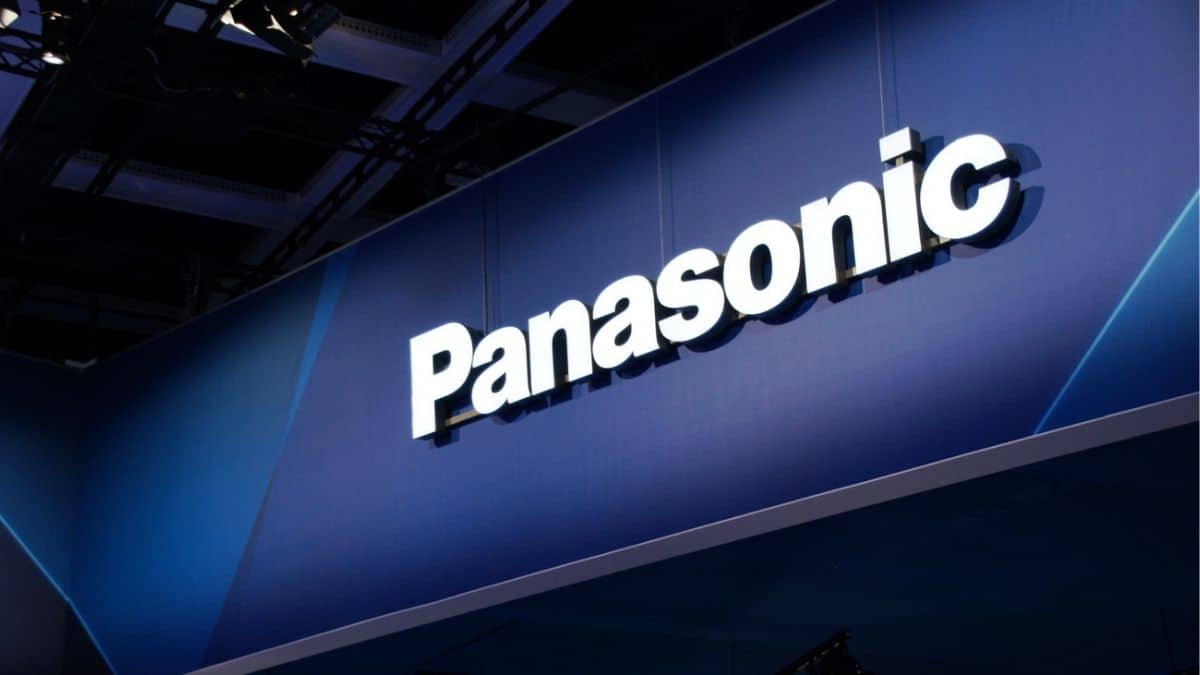Panasonic, a key supplier to Tesla, is considering a strategic shift in its battery business by focusing more towards enhancing productivity, according to CEO Yuki Kusumi. This move implies a potential delay in the construction of a third battery plant in North America, as the demand for electric vehicles (EVs) experiences a cooling trend.
Panasonic Energy, the battery unit of the company, had initially targeted a decision on the construction of a new factory by the end of March. However, CEO Yuki Kusumi emphasized in a recent interview in his Tokyo office that the timing for such a decision would be carefully evaluated. He stated how they need to think about raising productivity before setting up a new factory.
The backdrop of this decision lies in the signs of diminishing demand for EVs in the United States, leading various automakers, including General Motors and Ford, to scale back their production plans. Panasonic Energy currently operates a plant in Nevada and has initiated the construction of a second one in Kansas, while ruling out Oklahoma as a potential site.
The Kansas facility is anticipated to elevate the unit’s annual auto battery capacity to 80 gigawatt hours (GWh) by enhancing it further to 200 GWh by early 2031. Kusumi emphasized that the primary directive to the energy unit is to prioritize increasing production volume from existing investments rather than hastily deciding on the location for a third plant.
Kusumi highlighted the efficiency gains that can be achieved by refining processes such as machine maintenance, emphasizing that it is generally more advantageous to have fewer production sites due to the significant human resources involved in establishing new plants.
Despite the global growth in consumer demand for EVs, Kusumi acknowledged a cooling trend in key markets like the United States and Europe. He pointed out that the profitability of EVs is not as anticipated by industry executives, partly due to higher interest rates making these vehicles less affordable for middle-income consumers. Moreover, consumers are eagerly awaiting more cost-effective models currently in development.
Panasonic aims to position its energy unit for sustained profitability without relying heavily on incentives like the U.S. Inflation Reduction Act (IRA), which triggered substantial investments in new EV battery plants. Kusumi emphasized the importance of improving manufacturing processes to generate profits independently of such legislative incentives, as the industry navigates evolving circumstances and strives for long-term sustainability.

